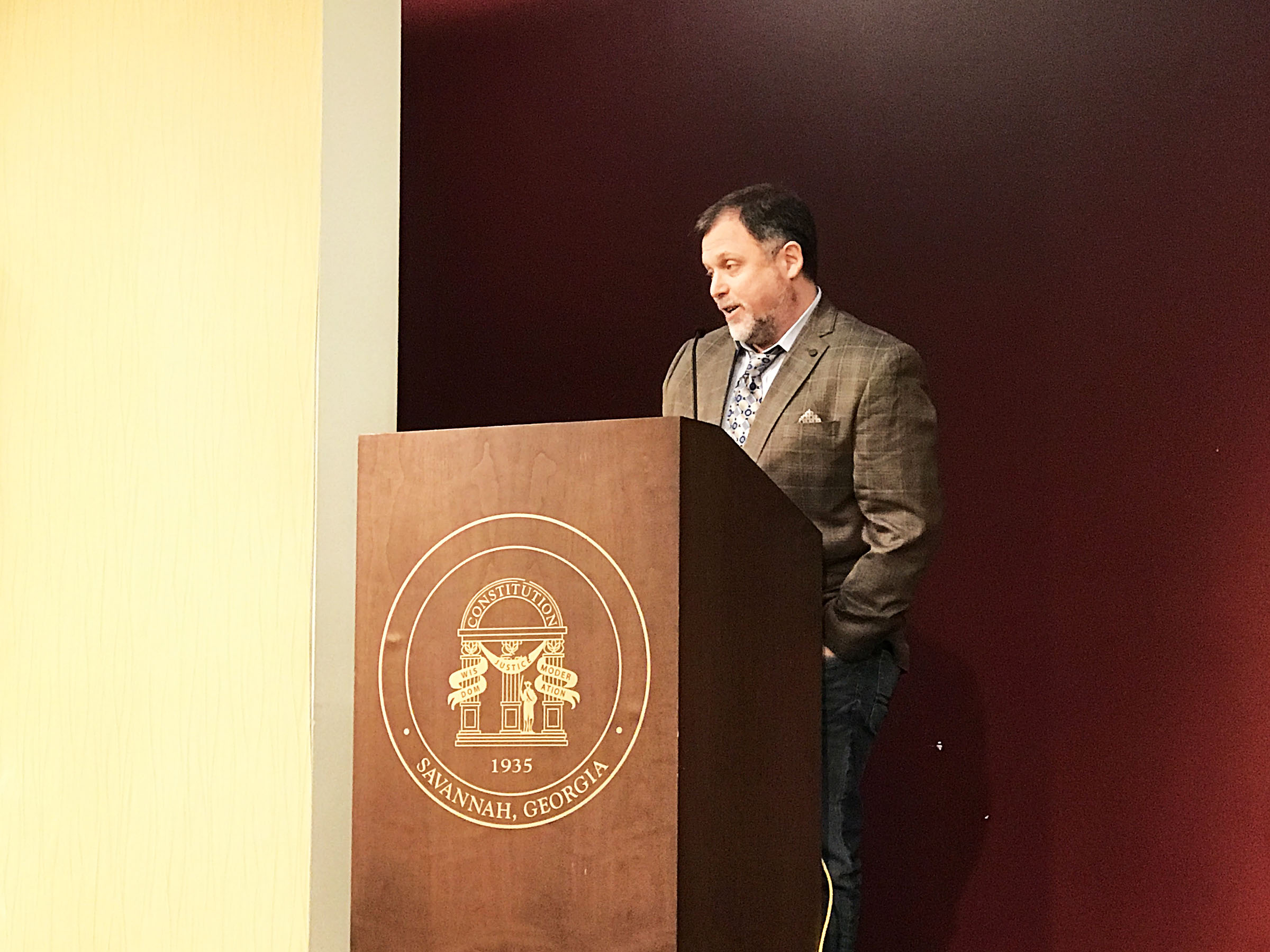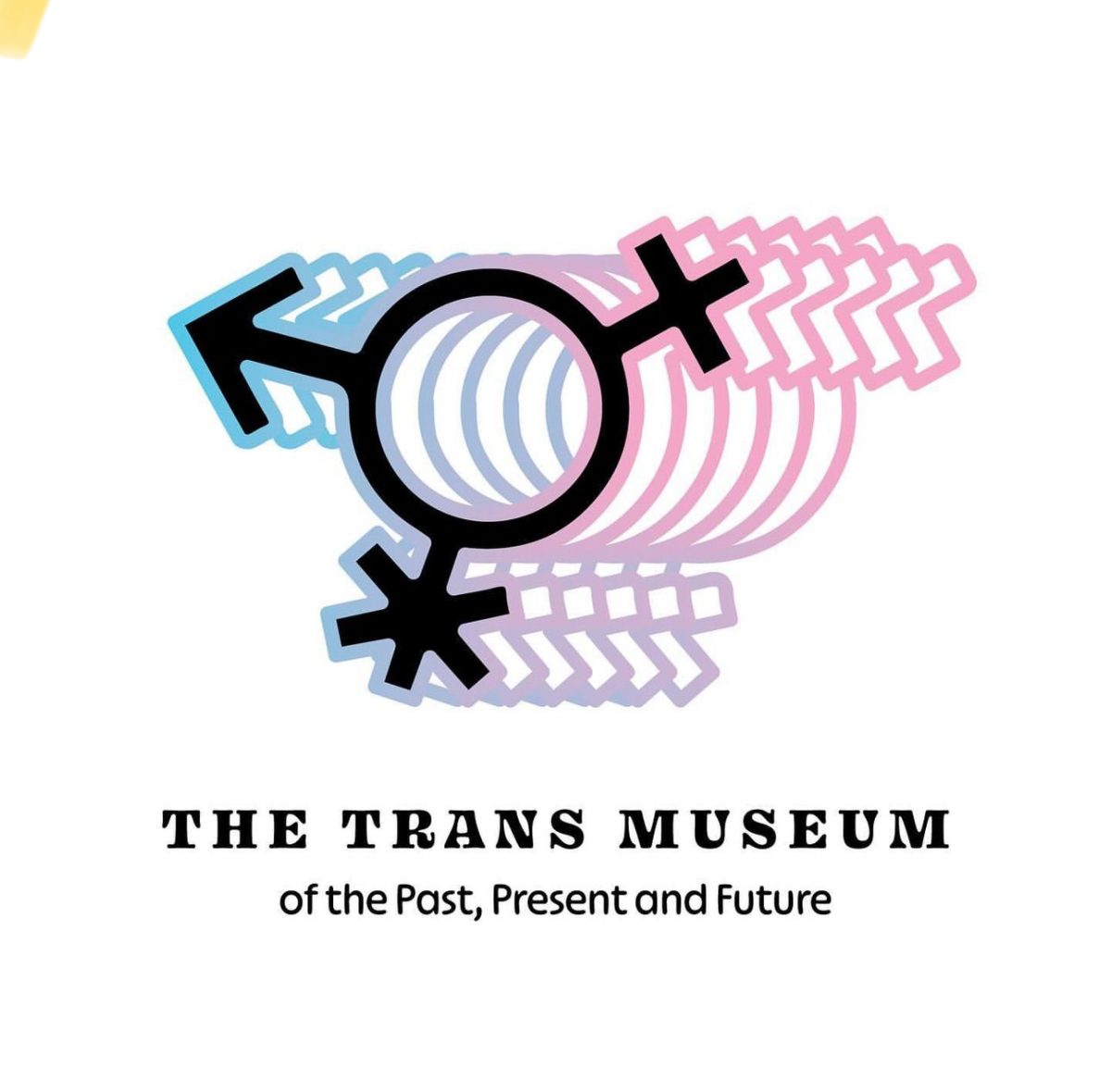Joshua Winslow, Staff Writer

Over 50 years ago, Dr. Martin Luther King Jr’s voice echoed across the national mall to a crowd of 250,000 Americans with a message of racial unity on the March to Washington.
Racism cannot be erased overnight through legislation as it can often hide in legislation, according to Tim Wise. On Monday, Feb. 6, Wise spoke on racism and white privilege in the United States.
While some consider this controversial, Wise has authored nine books on race and produced the crowd-funded 2013 documentary “White Like Me,” which explores privilege and racism through experiences in his family and community in Tennessee.
As an anti-racism activist, the author and professor has spoken at over 600 college campuses. Wise uses his own privilege as a white man to educate other whites in how to recognize systematic racism and white privilege.
He defines privilege as “not just a monetary or social condition, [but] really a psychological condition—the ability to not have to think about one’s identity on a regular basis” and have “immunity from negative treatment or judgement” based solely on race.
Wise provided examples of racism that exist in our society. In the criminal justice system, there are disproportionate rates of conviction and incarceration among blacks. Compared to whites with a college degree, blacks are twice as likely to be unemployed even in the same area of study.
Wise presented several examples for why he believes the Civil Rights Movement in America may not be over.
As the conversation turned towards the recent United States presidential election, Wise offered an examination of the movement that swept Donald Trump to the presidency.
“By means of a radicalized nostalgia for a mythological past, the right is enlisting fearful whites into its campaign for reactionary social and economic policies,” Wise said of President Donald Trump’s slogan, “Make America great again.”
Wise attributed much of Trump’s rise not to outright racism but to a sense of betrayal rooted in the slow erosion of the American working class, the departure of manufacturing jobs and increasing income inequality.
There is a “secular gospel [in the United States]. . . if you just work hard you will make it and if you don’t there’s something wrong with you—that is what we are all taught.”
Wise suggested that the shame of struggling whites leads to scapegoating, which can be heard in rhetoric directed against “others” labeled as takers, welfare recipients and illegals.
“White America is starting to learn as the economy changes what black America has always known: that nothing is guaranteed, that your hard work isn’t necessarily going to pay off—people of color always knew it was a con,” Wise said.
According to Wise, it was fortunate for Trump that, “there was a market for white resentment.”
An audience member asked “how do you wake people up?” to which Wise explained that most changes in perception he has witnessed have come from sharing stories and personal exposure to the struggles of minorities.
Wise urged that the political left has put too much faith and confidence in “reason” and that personal narratives often carry the most weight psychologically.
Wise warned that we should be aware of the realities of racial bias in the United States and not remain oblivious on topics such as historical redlining (the denial of financial services to residents of certain areas based on racial or ethnic composition), racial profiling, the war on drugs and the effects of mass incarceration.
“Classism, racism, sexism; you don’t have to be a bigot, just pay attention to what society is teaching you,” Wise said.






